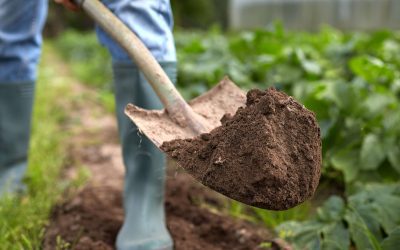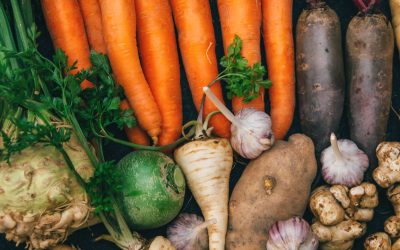This green and pleasant land is facing some major changes. While the news has been focused on the impact of Brexit on urban industry and businesses like banking and finance, it is the UK’s farmers who are preparing themselves for some of the biggest effects of our split with the EU.
The Common Agricultural Policy has its flaws, it has been a regular source of income for the UK’s farming industry, Once we leave the EU, income will be lost. So what, if anything, will be replacing it?
Does it really matter?
Farming is one of the UK’s biggest commercial sectors, and is responsible for billions of pounds worth of revenue for the country’s economy. It also provides employment for a significant sector of the population, and while the numbers may not be high compared to other industries, employment levels in rural areas (which accounts for more than 60% of the UK) are dependent on farming and agriculture. So yes, this is an issue that matters a great deal to a very large number of people, some of whom can trace their connection to the land back through several generations.
It is also becoming more of an issue, as British consumers ask where their food will come from post-Brexit if trade agreements aren’t put in place quickly with EU suppliers and partners. Food security also means a great deal.
Turning off the CAP tap
Farmers will have to deal with considerable changes once the fiscal tap is turned off in 2022. While Environment Minister Michael Gove has already tried to reassure farmers that the green pound will not collapse after Brexit, he has indicated that any subsidy payments provided by the UK government as a replacement for CAP cash will depend not on acreage, as was the case with CAP, but on other aspects such as delivering benefits for nature.
The Brexit deal has given DEFRA the opportunity to reassess how the UK farms. That means reviews on everything from agricultural policies, developing green-field sites, fracking, biodiversity and the use of chemicals, to animal welfare. And while the government is initially promising to match the £3bn in subsidies that farmers would have received from the EU, there may well be a lot more in the way of restrictions and provisos before farmers get their cheques.
“CAP rewards size of land holding ahead of good environmental practice, and all too often puts resources in the hands of the already wealthy rather than into the common good of our shared natural environment,” said Gove recently. “We need to take the opportunity that being outside the CAP will give us to use public money to reward environmentally-responsible land use,” he added.
Gepp & Sons’ Agricultural Team have been advising the farming community for many generations. If you require help with a rural legal matter please contact Edward Worthy on 01245 493939 or worthye@gepp.co.uk
This article is not legal advice; it is intended to provide information of general interest about current legal issues.




